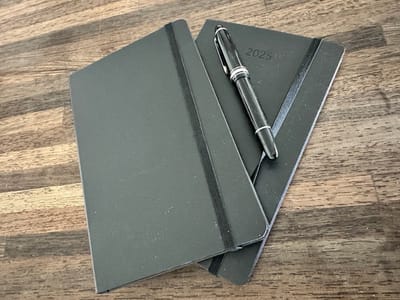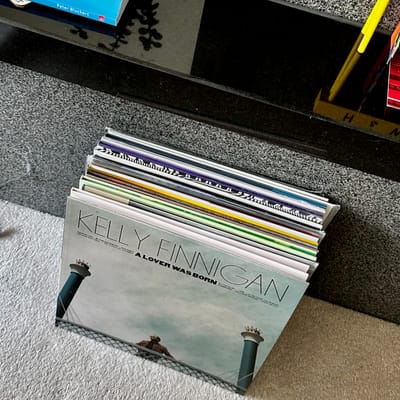The Overton Window

During my podcast listening yesterday, I heard a reference to 'The Overton Window', here's a short description of a very interesting concept.
Starting in Politics
The Overton Window is a political theory that refers to the range of policies that voters will find acceptable. It is sometimes referred to as the window of discourse.
Named after Joseph P Overton, who claimed that the viability of an idea depends on whether it falls inside the window.
The range of acceptance are as follows:
- Unthinkable
- Radical
- Acceptable
- Sensible
- Popular
- Policy
Ideas that are at the 'outside' of the range, unthinkable/radical require either; change to become more sensible and popular, or the window needs to change. The example I heard yesterday was that the abolition of slavery was deemed a radical thought, but successive focus bought it into more acceptable, sensible and populist thinking before it became policy.
Influencing us every day
We can see this in play all the time.
In politics the radical ideas that are promoted in the media are often at the outside of the window so that the ACTUAL policy proposal is deemed more acceptable.
For example, 'Ban all Cheese' is an absurd and unthinkable idea - so in comparison, a 'Tax all Cheese' policy seems more sensible and is more likely to become a policy.
This is the tactic that politicians play all the time, to stretch and move the window of acceptability in order to get their policies in place.
However, it's also a technique that salesmen use. This object is £10,000 usually, but I'll give it to you for £7000, by stretching the possible price upwards the buyer might think they have a bargain for the item which is really worth £5000. It's easy to get drawn in.
Ensure you aren't caught up in the Overton Window when you are making decisions or forming opinions.







Member discussion